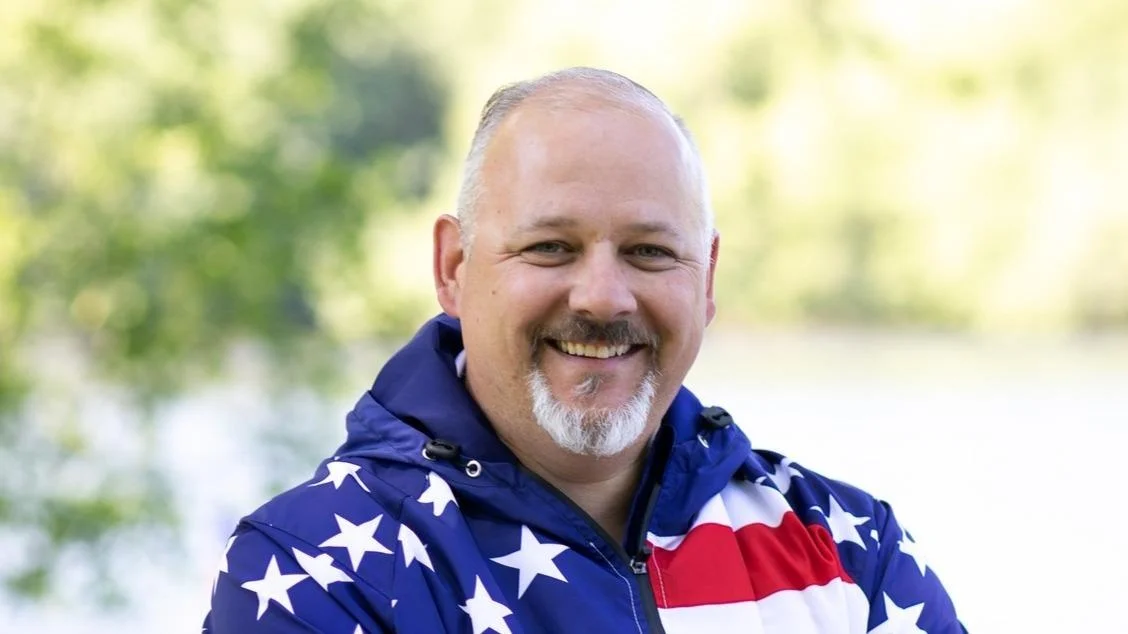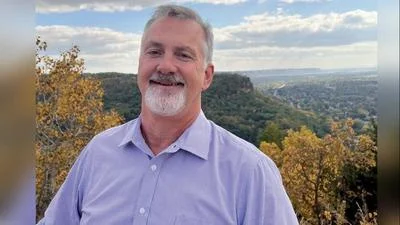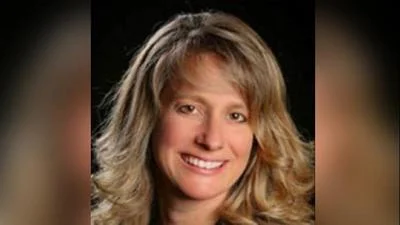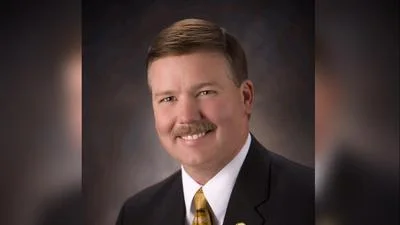Jesse L. James, Wisconsin State Senator for 23rd District | www.facebook.com
Jesse L. James, Wisconsin State Senator for 23rd District | www.facebook.com
According to the Wisconsin State Legislature's official website, the bill was described as follows: "creating an individual income tax deduction for certain income earned by an individual from the practice of psychiatry or from providing psychiatric or mental health services. (FE)".
The following is our breakdown, based on the actual bill text, and may include interpretation to clarify its provisions.
In essence, this bill establishes an individual income tax deduction for income earned by psychiatrists and psychiatric or mental health nurse practitioners in Wisconsin, effective for taxable years beginning after Dec. 31, 2024, and before Jan. 1, 2030. The deduction allows for up to $100,000 or $200,000 of qualifying income, with the latter applicable to those practicing in federally defined medically underserved areas. This deduction can be claimed for no more than five taxable years and must begin within the first two years of starting or returning to practice in the state. If eligibility lapses or the practitioner leaves the state, the bill includes provisions for recapture of the deduction. Additionally, individuals claiming this deduction are ineligible for the homestead tax credit.
The bill was co-authored by Representative Paul Tittl (Republican-25th District). It was sponsored by Representative Elijah R. Behnke (Republican-6th District).
Jesse L. James has authored or co-authored another 18 bills since the beginning of the 2025 session, with none of them being enacted.
James graduated from Chippewa Valley Technical College in 2001.
James, a Republican, was elected to the Wisconsin State Senate in 2023 to represent the state's 23rd Senate district, replacing previous state senator Kathy Bernier.
In Wisconsin, the legislative process starts when a senator, constituent, group, or agency proposes an idea for a bill. After drafting, the bill is introduced, numbered, and referred to a committee for review and public input. If approved, it moves through three readings and votes in both the Senate and Assembly. Once both chambers pass the same version, the bill goes to the governor, who can sign it, veto it, or let it become law without a signature. Only a small share of bills introduced each session ultimately become law. You can learn more about the Wisconsin legislative process here.
| Bill Number | Date Introduced | Short Description |
|---|---|---|
| SB72 | 02/26/2025 | Creating an individual income tax deduction for certain income earned by an individual from the practice of psychiatry or from providing psychiatric or mental health services. (FE) |
| SB62 | 02/21/2025 | Financing the operating costs and certain out-of-state projects of nonprofit institutions and compensation of employees of the Wisconsin Health and Educational Facilities Authority. (FE) |
| SB42 | 02/12/2025 | Permitting pharmacists to prescribe certain contraceptives, extending the time limit for emergency rule procedures, providing an exemption from emergency rule procedures, granting rule-making authority, and providing a penalty. (FE) |
| SB41 | 02/12/2025 | School safety grants and making an appropriation. (FE) |
| SB39 | 02/12/2025 | Establishment of a Palliative Care Council. (FE) |
| SB23 | 02/05/2025 | Extension of eligibility under the Medical Assistance program for postpartum women. (FE) |
| SB21 | 02/05/2025 | Creating an employee ownership conversion costs tax credit, a deduction for capital gains from the transfer of a business to employee ownership, and an employee ownership education and outreach program. (FE) |
| SB17 | 02/05/2025 | Special circumstances battery to a community service officer and providing a penalty |





 Alerts Sign-up
Alerts Sign-up